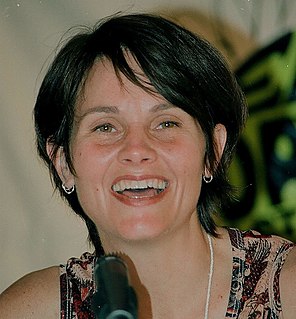Top 44 Quotes & Sayings by Shawn Colvin
Explore popular quotes and sayings by an American artist Shawn Colvin.
Last updated on April 14, 2025.
I was a cover artist for years. I didn't start writing songs until I was in my mid-twenties. I wrote them with John Leventhal, and they were pretty bad. I was in my late twenties when I wrote the first song with him that made any sense to me about what I was rooted in and what spoke for me as an artist. That was 'Diamond in the Rough.'
























